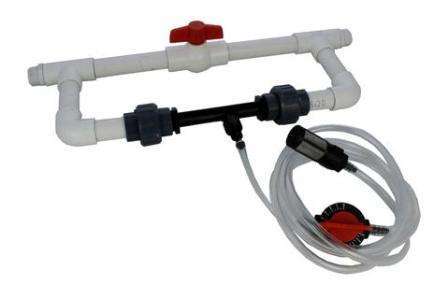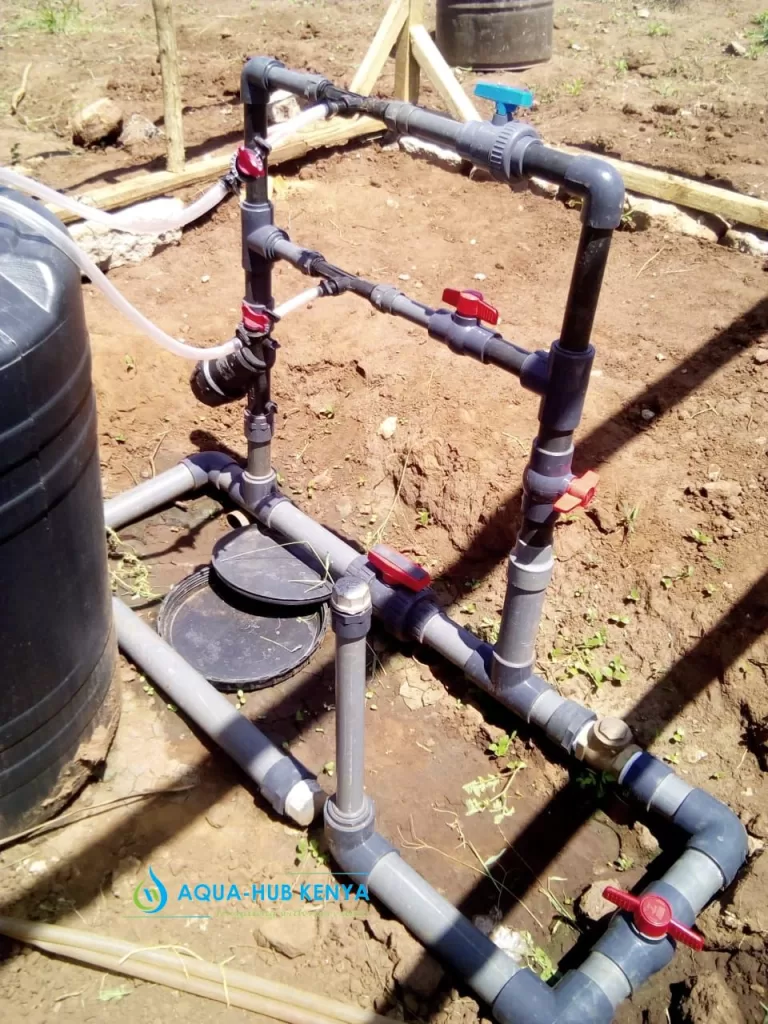Blog
Fertilizer Injectors : Best fertilizers to Apply on Crops

Depending on the crops you are growing, a variety of fertilizer types are available to apply to crops through drip irrigation fertigation systems. Fertilizer injectors function in coordination with drip irrigation systems to deliver nutrients to the plant reach.
Why Drip Irrigation in Fertilizer Application
Fertilizer application through drip irrigation offers great efficiency and reduces the cost of production immensely. Imagine how much it would cost to employ people to manually apply fertilizers. It would also result in time wastage and inefficiency in most cases as people are not as perfect as machines.
Plantations are the main areas to use drip irrigation in fertigation due to the need for faster and equal plant growth rate. The manual application will lead to an imbalance in the growth rate and distribution of fertilizers.
Know the Right Fertilizer to Apply
Use of non-recommended Fertilizers may cause pipe buildup and clog nozzles, fertilizer injectors, potentially leading to a system failure.
Not all fertilizer types will be suitable for your soil type as per the PH and organic matter.
Fertilizers contain salts that can alter your soil PH and lead to leaching.
How to Avoid Leaching of the Soil
Use the right fertilizer and check the water pH to avoid such problems. Also, flush the system regularly to remove any sediment or salt buildup. This will keep your system running in the long run.
How to Use Fertilizer Injectors
The fertilizer injector should be connected to the drip irrigation system on the layout recommended for the farm.
A backflow preventer needs to be connected on the drip irrigation systems near the connection to a fertilizer kit to prevent fertilizer backward flow.
It is best to use fertigation systems for large areas but can also work for smaller garden areas.
Which Fertilizer Can you Supply with Injectors
Choose fertilizers that properly dissolve in water to ease injection to drip irrigation systems. Liquid fertilizer solution mixes and flows easily with irrigation water and can therefore be distributed to plant root zones. The recommended fertilizers are.
- Urea, Ammonium Nitrate and Calcium Nitrate
- Phosphorous Such as DAP
- Potassium rich inputs such as NPK and Potassium sulphate
- Magnesium Sulphate
- Micronutrients: Zinc, Manganese, Copper and Potassium
How to Prepare and Conduct Fertigation
Fertilizer is fed into the drip irrigation system using fertilizer injectors or dispensers. The devices work simply by siphoning the fertilizer solution from a tank through atmospheric pressure.
The process of starting, preparing and conducting fertilizer injection is as follows;
- Purchase the fertilizer that is best for your plants. You can contact an agronomist if you are not sure.
- Mix the fertilizer with water in a tank. Dilute the fertilizer in the ratio of 1: 100 , that is 100 litres for 1 kg of fertilizer.
- Check the fertilizer injector. It should be clean and functioning properly before connecting it to the drip irrigation line.
- Connect the injector to the main line using a tee fitting. This will allow the fertilizer to mix with the water before it enters the drip system.
- Adjust the injection rate according to your needs.
- Turn on the irrigation system once everything is set up and allow the water and fertilizer mixture to flow through the drip system.
- Monitor your plants and adjust the rate accordingly.
- Flush the system to prevent clogging and buildup of fertilizers in the drip lines.
- Continue regular maintenance
Buy Fertilizer Injectors from Aqua Hub Kenya

We have quality fertilizer injectors at various sizes from 1 to 2 inch sizes. Enjoy lower costs for every surplus order.
Call 0790719020

